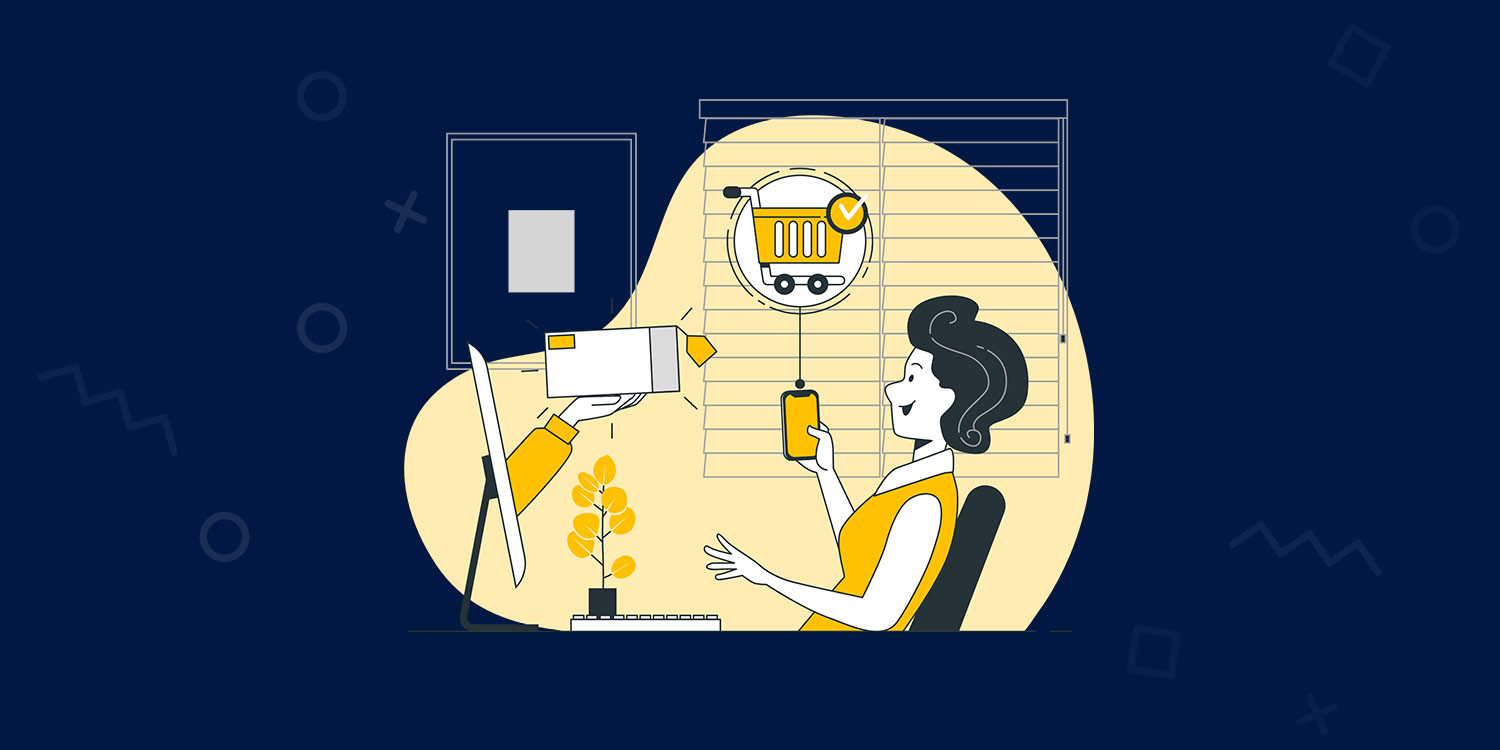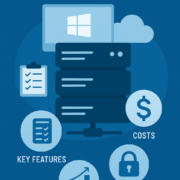How to Use Email Marketing to Create Loyal Customers
Before diving into the specifics of using email marketing to create loyal customers, it’s crucial to understand what customer loyalty means. Customer loyalty refers to a customer’s inclination to choose a particular brand or company consistently over their competitors.
Loyal customers are more likely to make repeat purchases, engage with the brand, and recommend it to others. They are, essentially, the lifeblood of any successful business.
The Role of Email Marketing
Email marketing plays a pivotal role in fostering customer loyalty for several reasons. First and foremost, it offers a direct channel to engage with your customers, keeping them informed and involved.
Moreover, it allows businesses to create personalized and relevant content, strengthening the connection between the customer and the brand. Let’s explore the strategies for using email marketing effectively.
Building an Email Marketing Strategy for Loyalty
Strategies for building an email marketing strategy for loyalty
Segmenting Your Email List
Segmenting your email list is a fundamental step in creating a more personalized and effective email marketing strategy. By categorizing your subscribers into different groups based on their preferences, behaviors, and demographics, you can tailor your emails to meet their specific needs and interests.
For example, say you’re trying to get new cleaning contracts or expand on existing contracts for your cleaning business, you can segment your list into new customers, long-term customers, and those who have recently used your cleaning services. This allows you to send content that resonates with each group, increasing their loyalty to your brand.
Personalization is Key
Personalization is at the heart of creating a loyal customer base through email marketing. Customers appreciate it when they receive emails that are tailored to their individual preferences.
Use their names, recommend products based on their previous purchases, and offer content that matches their interests. Personalized emails make customers feel valued and understood, which in turn, enhances their loyalty to your brand.
Timing and Consistency
The timing and consistency of your email campaigns can also impact customer loyalty. Sending emails at the right time, such as during holidays or special occasions, can create a positive association with your brand. Consistency in the frequency of your emails helps keep your brand top-of-mind for customers. Be mindful of not overwhelming your subscribers, though. Striking the right balance is crucial.
Content that Drives Loyalty
Let’s analyze content that drives loyalty
Educational Content
Educational content not only helps customers understand your products or services better but also positions your brand as an industry authority. Consider creating informative articles, how-to guides, or video tutorials and webinars that provide value to your subscribers. When customers find your emails helpful, they are more likely to remain engaged and loyal to your brand.
Exclusive Offers
Exclusive offers and promotions are powerful tools for building loyalty. Reward your subscribers with special discounts, early bird access to events or sales, discounts if they schedule appointments with you or exclusive product launches. This creates a sense of privilege and encourages customers to stay loyal to your brand to enjoy these benefits.
Customer Stories and Testimonials
Sharing customer stories and testimonials in your email marketing campaigns can have a profound impact on fostering loyalty. When potential customers see real-life examples of others who have had positive experiences with your brand, it builds trust and confidence. Highlighting these stories in your emails can solidify the emotional connection between your brand and your customers.
Measuring and Analyzing Loyalty

Key Performance Indicators (KPIs)
To gauge the success of your email marketing efforts in creating loyal customers, you need to measure specific key performance indicators. Some essential KPIs include open rates, click-through rates, conversion rates, and the unsubscribe rate. Analyzing these metrics can help you understand how well your email campaigns are performing and identify areas for improvement.
The Role of A/B Testing
A/B testing is a valuable technique for optimizing your email marketing strategy. By creating two versions of an email with slight variations and sending them to different segments of your list, you can determine which approach is more effective in building customer loyalty. Experiment with subject lines, email copy, and calls to action to find the most compelling content.
Customer Feedback
Customer feedback is invaluable in understanding the impact of your email marketing on customer loyalty. Encourage customers to share their thoughts through surveys and feedback forms. Use this information to refine your email campaign management, and address any concerns or issues promptly.
Nurturing Customer Relationships
Let’s have a look at nurturing customer relationships
Automated Email Sequences
Use automated email responses as a powerful way to nurture customer relationships over time. For instance, you can set up a welcome series for new subscribers, a post-purchase follow-up response, or a re-engagement email for inactive customers. These automated responses provide consistent touchpoints and opportunities to reinforce customer loyalty.
Surveys and Feedback Loops
In addition to post-purchase feedback requests, consider sending periodic surveys to your subscribers. Ask them about their preferences, needs, and suggestions for improvement. Not only does this show that you value their opinions, but it also provides valuable insights for tailoring your email content to enhance loyalty.
Handling Customer Concerns
Loyal customers are often more forgiving of occasional mishaps, but it’s essential to handle any customer concerns promptly and professionally. Addressing issues and complaints in a timely manner can actually strengthen customer loyalty. Use email to communicate transparently, provide solutions, and ensure that the customer’s experience remains positive.
Conclusion:
In conclusion, email marketing is a potent tool for creating and nurturing loyal customers. By building a well-structured strategy that focuses on segmentation, personalization, and consistent content, businesses can connect with their audience on a deeper level.
Providing educational content, exclusive offers, and customer stories can further solidify customer loyalty. Measuring success through KPIs, A/B testing, and customer feedback, along with nurturing relationships through automated sequences and responsive customer service, completes the cycle.
Remember that customer loyalty is not built overnight. It’s a continuous effort that requires dedication and a deep understanding of your audience. However, with the right email marketing strategies in place, you can create a loyal customer base that not only supports your business but also advocates for it, helping it thrive in the competitive digital landscape.




